How to Choose the Right Collapsible Rigid Boxes for Your Products
Discover essential tips for selecting the perfect collapsible rigid boxes for your products. Enhance your packaging strategy and boost your brand appeal today.
Contact Us now
Table of content
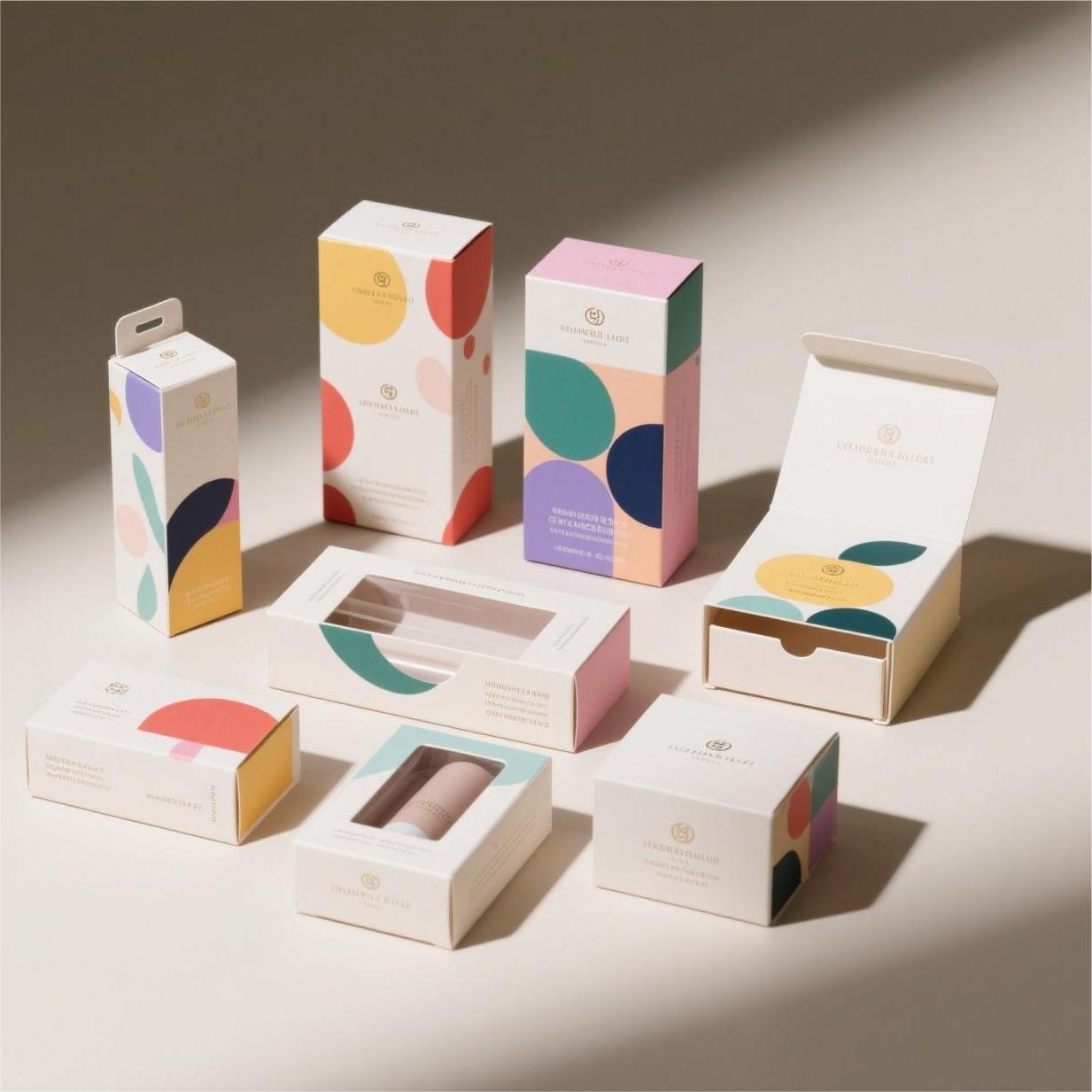
Ready to Elevate Your Brand with 100% Custom Box & Bag Solutions?
Get a Free QuotePackaging matters — especially in today’s competitive retail and e-commerce world. It’s the first physical impression your customers get, and it says a lot about your brand. If you're looking for a packaging solution that is both stylish and practical, collapsible rigid boxes might be exactly what you need. These boxes offer the best of both worlds: a premium look and feel like traditional rigid boxes, and the ability to fold flat for easy storage and shipping.
Compared to regular cardboard boxes, collapsible one-piece rigid boxes provide better protection, improved product presentation, and added reusability. Whether you're shipping delicate goods or luxury items, they help your brand stand out while keeping operations efficient. This guide will walk you through how to choose the right box for your product, based on size, material, design, and budget.
Table of Content
The Core Advantages: Why Collapsible Rigid Boxes Are a Smart Choice
Exploring Material Options: Paperboard, Cardboard, and Beyond – and Their Properties
Product Dimensions and Weight: Key Considerations for Box Size and Structure
Branding Opportunities: Customization (Printing, Finishes) to Enhance Brand Image
Practical Considerations: Assembly, Storage, and Shipping Efficiency
Budget and ROI: Weighing the Cost Against Perceived Value and Customer Experience
Sustainability and Eco-Consciousness: Exploring Recycled and Recyclable Options
Step-by-Step Guide: Choosing the Right Collapsible Rigid Box for Your Specific Product
Enhanced Brand Perception
Customers notice good packaging. The sleek and sturdy appearance of collapsible rigid boxes creates an instant sense of quality. When a customer receives a product in a premium box, they feel like they’re getting something special — and that feeling improves their impression of the brand.For high-value or luxury items, rigid boxes elevate the unboxing experience. This can lead to more positive reviews, word-of-mouth marketing, and even social media shares.
Superior Product Protection
Looks aren’t everything. Collapsible rigid boxes are also strong enough to protect fragile items. They’re made from thick paperboard or similar materials that hold their shape and shield the contents during shipping and handling.If your products are delicate, adding foam padding or custom compartments inside the box can give even better protection. This helps reduce damage, returns, and unhappy customers.
Space-Saving Efficiency
One of the biggest advantages of collapsible rigid boxes is that they can be stored flat. That means you can order them in bulk without needing a huge warehouse. They also take up less space during shipping, saving you money on logistics.
When it's time to use them, they’re quick to assemble, usually with magnetic or snap closures. For returns or product exchanges, customers can even refold and reuse them.

Reusable and Sustainable Options
Because these boxes are durable, many customers reuse them for storage or gifting. This makes them a more sustainable option compared to single-use packaging.
Over time, using reusable boxes reduces waste and shows your brand cares about the environment — a big plus in today’s eco-conscious market.
Improved Unboxing Experience
First impressions matter. Collapsible rigid boxes can be customized to create a beautiful and thoughtful unboxing moment. Whether it’s a luxury watch or a handmade candle, the right packaging adds emotional value to the product inside.
Customers are more likely to remember — and reorder from — brands that make the opening experience special.
Paperboard
Paperboard is one of the most common materials used in collapsible rigid boxes. It comes in different thicknesses and finishes, making it a flexible option for brands. If your product is light and you want to focus on looks, paperboard is cost-effective and easy to print on.
It works well for cosmetics, fashion accessories, stationery, and other lightweight items. Plus, it supports various printing and finishing options, from gloss to matte.
Corrugated Cardboard
For heavier items or products that need more protection, collapsible rigid boxes made from corrugated cardboard are a better choice. They are stronger and more impact-resistant, making them ideal for electronics, glassware, or large product bundles.
Though corrugated materials may be a bit bulkier when folded, they still collapse flat and offer excellent durability. If your brand ships long distances or deals with high-value items, this is worth considering.
Specialty Materials
If you're aiming for a luxury look, there are many specialty materials available. Linen wraps, textured paper, velvet finishes, or even faux leather can take your packaging to the next level.
These materials cost more but help build a high-end brand image. They're especially great for limited-edition products or gift sets.
Choosing the right size is about more than just fitting the product. It’s about balance. A box that’s too large can cause the product to shift around and get damaged. A box that’s too small might not close properly or might compress the contents.
Always measure your product — including accessories — and allow space for protective inserts. Think about the product’s weight too. Heavier items may need thicker board or reinforced corners.
Make sure the structure is designed to handle the load. This will keep the box looking good during handling and give customers a great experience from the first touch.
Printing Techniques
Collapsible rigid boxes offer plenty of printing options. Offset printing provides crisp details and rich colors, while digital printing is ideal for short runs or limited editions. Screen printing can add unique textures for a more tactile experience.
Finishes
Adding finishes can completely change how your packaging feels. Lamination options include gloss, matte, and soft-touch — each offering a different vibe. For something more eye-catching, you can also explore spot UV, which adds shiny accents to selected parts of the design.
Embossing and debossing raise or press the surface to create texture, while foil stamping adds a metallic touch that feels premium.
Box Style and Shape
Standard rectangles are fine, but custom shapes can make a product stand out. Consider magnetic closures, slide-out trays, or foldable lids with hidden compartments. These design elements not only look good but also reflect your brand’s creativity and care.
Custom packaging creates a consistent brand message. It also builds recognition — so when customers see your box again, they know exactly who it’s from.
Ease of Assembly
One major benefit of collapsible rigid boxes is how easy they are to put together. Most designs use magnets or locking tabs. In just a few seconds, a flat box turns into a solid, elegant package — no glue or complicated folding required.
This saves time, especially when packing hundreds or thousands of orders.
Flat Storage
Because they ship and store flat, collapsible rigid boxes take up far less space in your warehouse or shop. This makes it easier to manage inventory and keep operations organized, especially during busy seasons.
Shipping Costs and Efficiency
Shipping is one of the biggest costs in product fulfillment. By using flat-packed boxes, you can reduce volume and fit more units per pallet or container. This lowers transportation costs and improves overall efficiency.
When calculating shipping, consider both the collapsed and assembled dimensions of your box. Some courier services charge by size, so optimizing your packaging can help keep costs under control.
Durability for Reuse
If your business model includes returns, such as in subscription services or fashion rentals, choose a box design that can be reused multiple times. This means reinforced folding lines, scratch-resistant finishes, and strong closure mechanisms.
It may add to the initial cost, but it pays off through better customer experience and lower replacement rates.
Let’s be honest — collapsible rigid boxes cost more than basic cardboard boxes. But the extra cost often comes with big returns.
Increased Perceived Value
Customers are willing to pay more for products that feel premium. A stylish box can justify higher prices by signaling that your product is high quality. This is especially true in categories like beauty, tech, fashion, and gourmet foods.
Reduced Damage Rates
Sturdy boxes lead to fewer damaged shipments. This means fewer refunds, fewer replacement shipments, and better customer satisfaction — all of which save money in the long run.
Enhanced Brand Loyalty
Packaging is part of the experience. When customers enjoy unboxing your product, they’re more likely to come back and buy again. It also builds trust, which is key for long-term growth.
If your budget is tight, focus on one product line first. Test the results, measure feedback, and scale up from there.
Sustainability is no longer a bonus — it’s a priority. Customers want packaging that’s both beautiful and responsible.

Recycled Content
Many collapsible rigid boxes can be made from recycled paperboard or cardboard. These options reduce your brand’s environmental impact while still providing good quality and durability.
Recyclability
When choosing materials, make sure they are recyclable in your customers’ region. Avoid unnecessary plastic coatings or mixed materials that are hard to separate and dispose of.
Sustainable Inks and Finishes
Use water-based inks and eco-friendly finishes where possible. Many printing companies now offer “green” alternatives that look just as good but are safer for the environment.
Reducing Material Waste
Smart box design reduces waste. Use the right size, avoid over-packaging, and work with designers who understand how to use materials efficiently.
Going green isn’t just good for the planet — it also improves your brand’s reputation and helps build customer trust.
Define Product Needs
What are you selling? Is it fragile, heavy, or lightweight? Think about your product’s size, shape, and value. Also consider your target audience — what kind of packaging would they expect?
Determine Budget
Be realistic about what you can spend on packaging. Factor in not just the box itself, but also printing, inserts, and shipping.
Explore Material and Style Options
Look at different materials, from paperboard to specialty wraps. Try out various box styles and closures to find one that suits your product.
Consider Customization
Plan your branding — colors, logos, messaging. Decide what type of finish you want, and whether you’ll include special features like ribbons or magnetic closures.
Request Samples and Prototypes
Before placing a big order, always test. Check how your product fits, how the box folds, and how it looks in real life.
Compare Suppliers and Pricing
Get quotes from several packaging companies. Make sure to compare quality, turnaround times, and customer service — not just price.
Make an Informed Decision
Choose the option that offers the best balance between quality, price, and brand alignment. Don’t rush — good packaging is worth the investment.
Conclusion
Choosing the right collapsible rigid boxes is more than just finding something to hold your product — it’s about creating a better experience for your customers, protecting your items during delivery, and showing off your brand's quality. With the right materials, design, and planning, these boxes can help your product stand out and leave a lasting impression. Whether you're launching a new line or upgrading your current packaging, investing in well-designed collapsible rigid boxes is a smart move that can boost customer satisfaction, increase perceived value, and support your long-term business success.
Recommended for you





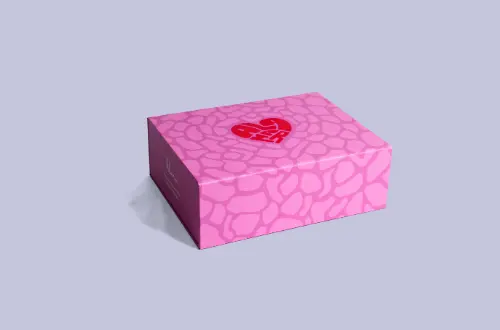
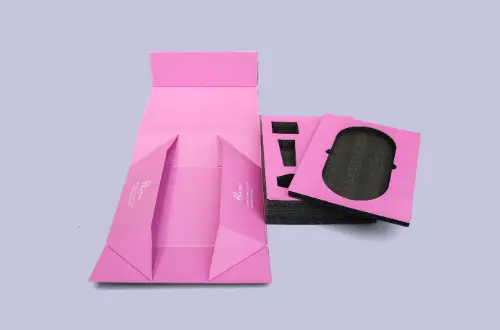


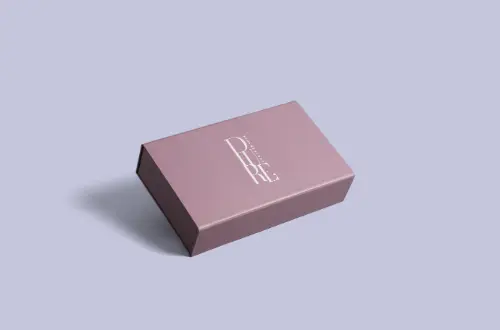
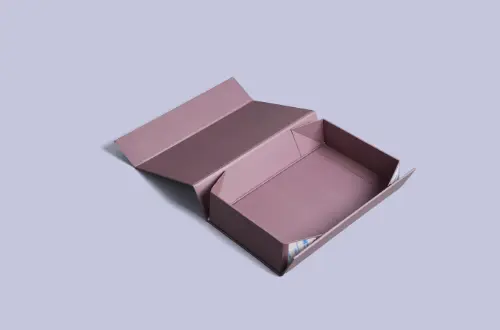


.avif)
.avif)
.avif)
.avif)
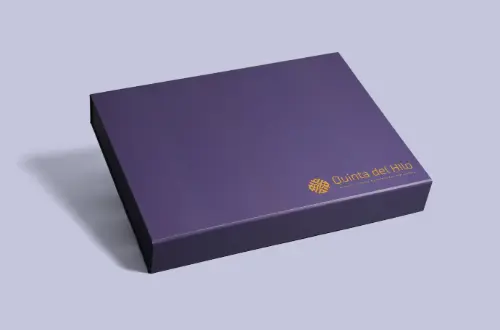
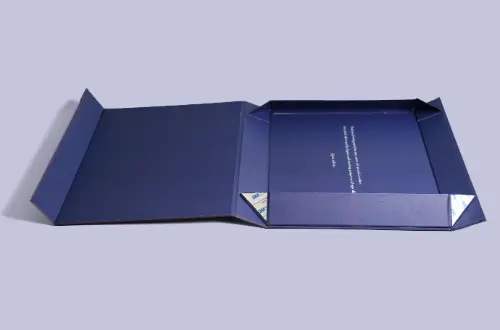
.avif)
.avif)
.avif)
.avif)







